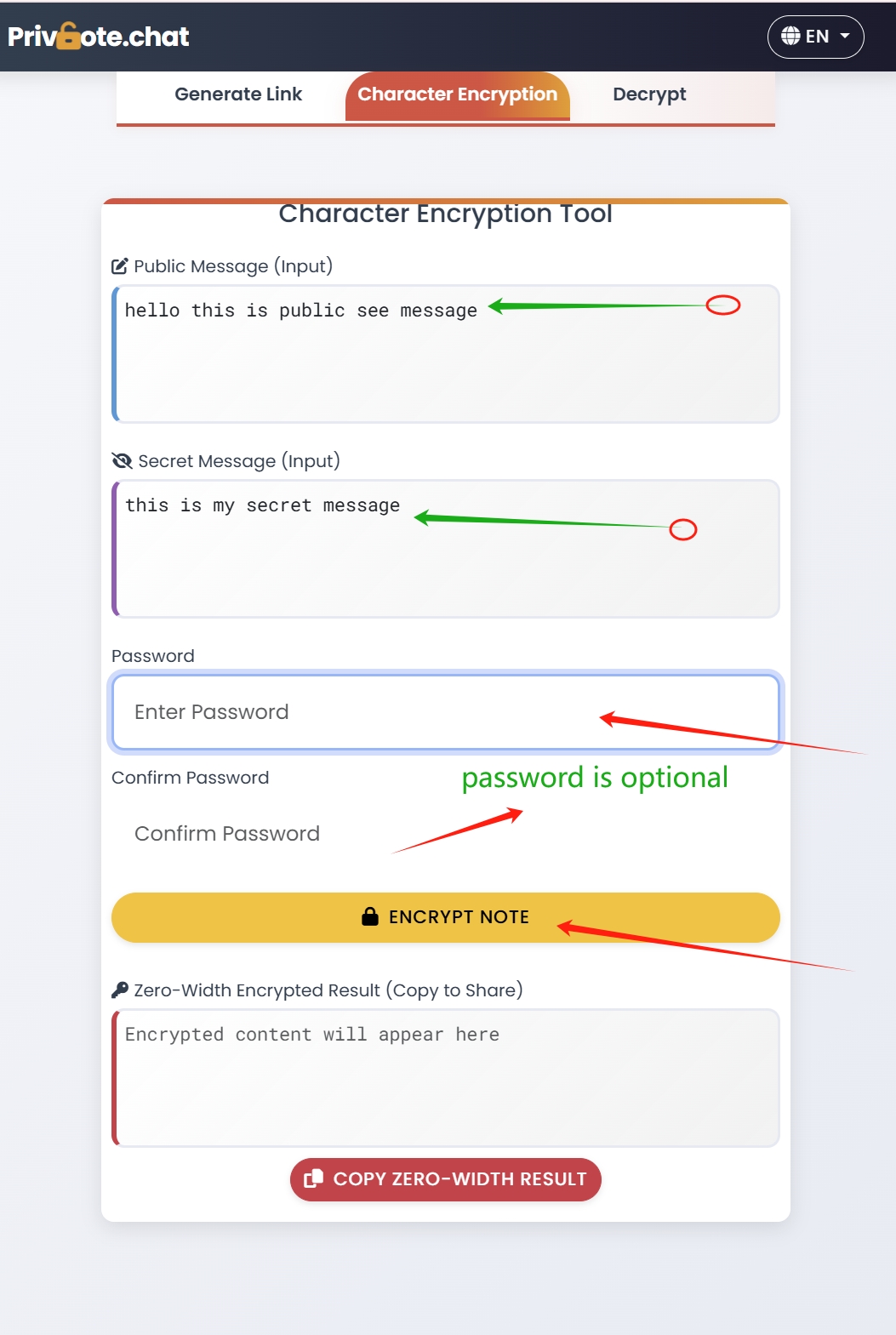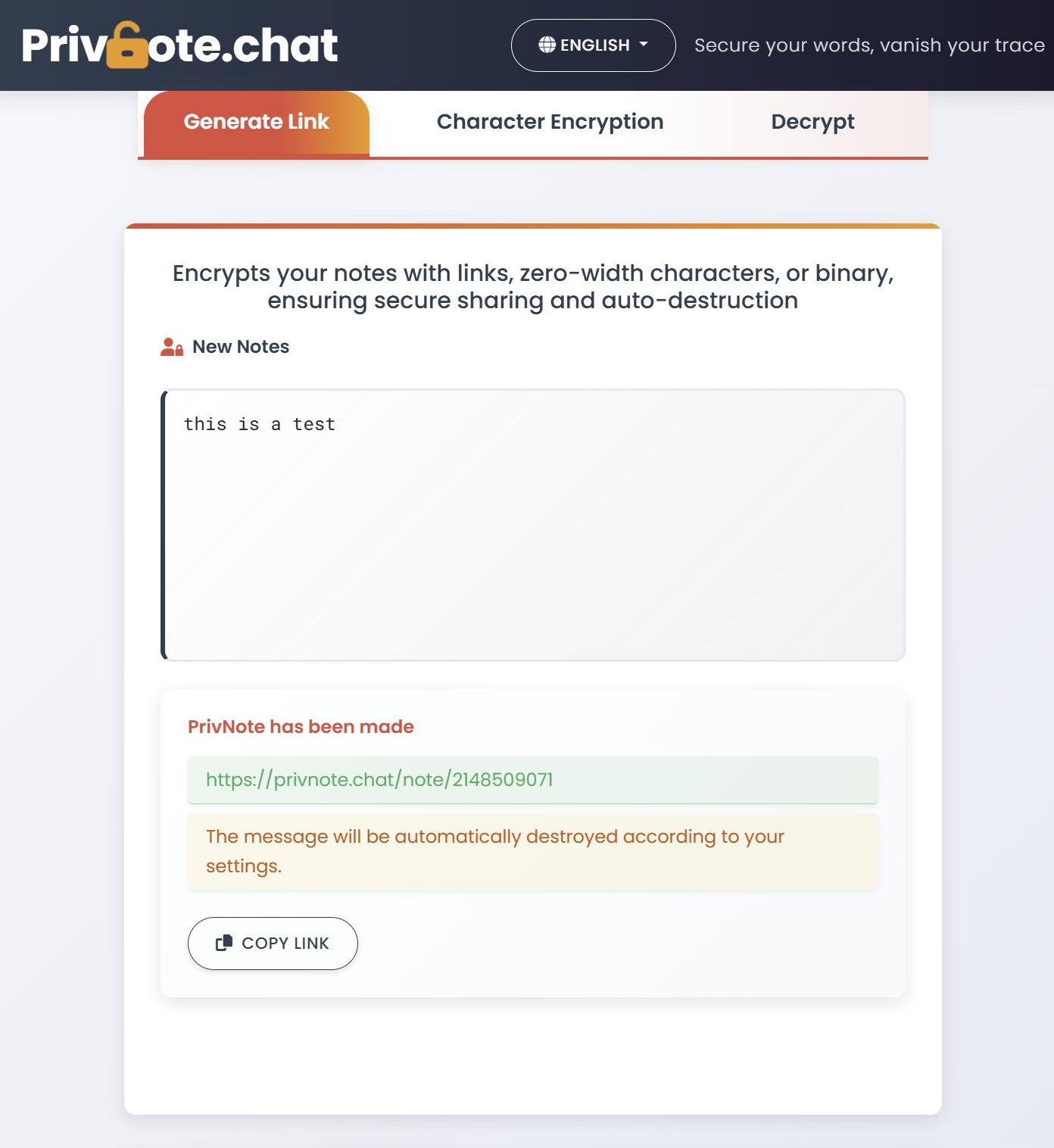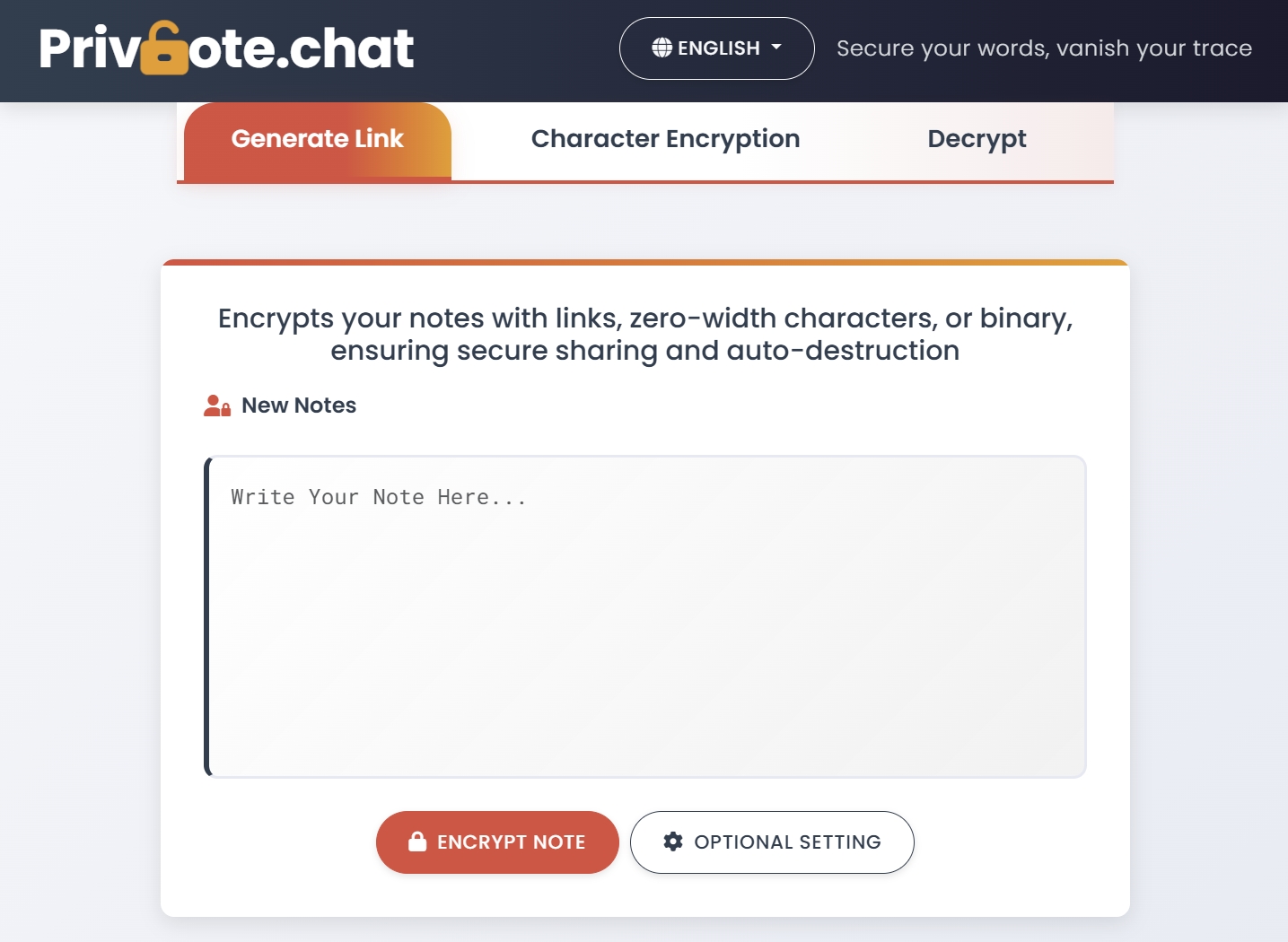Top 10 Messaging Apps Ranked by Privacy and Security Features in 2025

The Messaging Privacy Landscape in 2025
As digital communication continues to dominate our personal and professional lives, the security and privacy features of messaging apps have become increasingly important. With growing concerns about data breaches, surveillance, and information exploitation, users are becoming more discerning about which platforms they trust with their conversations.
In 2025, the messaging app landscape has evolved significantly, with privacy features now a primary competitive differentiator. End-to-end encryption, once a specialized feature, has become standard in many apps, while advanced features like self-destructing messages, screenshot prevention, and metadata minimization are increasingly common.
This comprehensive comparison evaluates the top messaging platforms based on their security architecture, privacy features, data collection practices, and overall trustworthiness. Whether you're concerned about government surveillance, corporate data mining, or simply maintaining your personal privacy, this guide will help you choose the right messaging solution for your needs.
Evaluation Criteria: What Makes a Messaging App Secure?
Before diving into specific apps, it's important to understand the key criteria we used to evaluate messaging security and privacy:
Encryption Implementation
- Is end-to-end encryption (E2EE) available?
- Is E2EE enabled by default?
- Has the encryption protocol been independently audited?
- Are all message types (text, media, calls) encrypted?
Data Collection & Retention
- What user data is collected?
- How long is message content retained?
- What metadata is stored and for how long?
- Can users delete their data?
Privacy Features
- Are disappearing/self-destructing messages available?
- Can users remain anonymous or pseudonymous?
- Are there screenshot prevention mechanisms?
- Does it offer message recall or deletion?
Company Trustworthiness
- Is the code open-source?
- How is the app funded? (Ad-supported, paid, etc.)
- Is the company subject to strong privacy laws?
- What is their track record regarding government requests?
With these criteria in mind, let's examine the top 10 messaging apps for privacy and security in 2025.
The Top 10 Most Secure Messaging Apps of 2025
1. Signal
Key Privacy Features:
- Open-source, audited end-to-end encryption for all communications
- Minimal metadata collection with periodic purging
- Disappearing messages with customizable timers
- Sealed sender technology that encrypts message sender information
- View-once media sharing option
- Screen security features to block screenshots in recent updates
Limitations:
- Requires phone number for registration
- Smaller user base than some mainstream alternatives
Best for: Users who prioritize maximum privacy with a straightforward, feature-rich messaging experience.
2. Session
Key Privacy Features:
- Completely anonymous - no phone number or email required
- Decentralized network architecture with onion routing
- End-to-end encryption with perfect forward secrecy
- Open-source code with regular security audits
- No IP address or metadata collection
- Self-destructing messages
Limitations:
- Smaller user base
- Occasionally slower message delivery due to onion routing
- Fewer features than some competitors
Best for: Users requiring complete anonymity and maximum protection from surveillance.
3. Threema
Key Privacy Features:
- No phone number required (optional anonymous sign-up)
- Open-source and independently audited end-to-end encryption
- Minimal server-side storage - messages deleted after delivery
- Contact verification via QR codes
- Private chats with ephemeral messages
- Based in Switzerland with strong privacy protections
Limitations:
- Paid app (though reasonably priced)
- Smaller user base than major platforms
Best for: European users seeking a privacy-focused alternative with legal protections under strong privacy laws.
4. Element (Matrix)
Key Privacy Features:
- Decentralized, federated network using the Matrix protocol
- End-to-end encryption with cross-signed device verification
- Self-hosting option for complete data control
- Open-source client and server implementations
- No phone number required
- Supports bridges to other messaging platforms
Limitations:
- More technical complexity than some alternatives
- E2EE isn't enabled by default in all rooms
- User experience not as polished as some competitors
Best for: Technical users who value decentralization and the ability to self-host their communications.
5. Wickr
Key Privacy Features:
- End-to-end encryption for all communication types
- Advanced ephemeral messaging with configurable retention periods
- Screenshot detection and prevention
- Anonymous account creation (no phone/email required)
- Secure shredding of deleted content
- Perfect forward secrecy and multiple encryption layers
Limitations:
- Amazon Web Services ownership raises some trust questions
- Free tier has some limitations on features
- Not fully open-source
Best for: Business users seeking ephemeral messaging with enterprise-grade security features.

6. Wire
Key Privacy Features:
- End-to-end encryption based on the Proteus protocol
- Open-source client code with independent security audits
- Timed self-destructing messages
- EU-based with GDPR compliance
- Account creation with email (no phone required)
- Enterprise features with strong security controls
Limitations:
- Metadata stored longer than some competitors
- Business focus may prioritize enterprise features over individual privacy
- Some features limited to paid plans
Best for: Business users and teams who need a secure, compliant messaging platform with professional features.
7. Briar
Key Privacy Features:
- Peer-to-peer encrypted messaging that works without internet
- Messages stored locally on your device, not in the cloud
- Tor network integration for anonymous internet communication
- No central servers that could be compromised
- Open-source with extensive security audits
- No account creation or personal information required
Limitations:
- Android-only (as of 2025)
- More technical to set up than mainstream apps
- Limited features compared to other messaging platforms
- Both users must be online simultaneously for message delivery
Best for: High-security users, activists, or journalists operating in restrictive environments.
8. Status
Key Privacy Features:
- Blockchain-based peer-to-peer encrypted messaging
- No phone number or personal information required
- End-to-end encryption for all messages
- Completely open-source protocol
- Decentralized architecture resistant to censorship
- Integrated Web3 functionality for crypto users
Limitations:
- Relatively new platform with ongoing development
- More complex user experience
- Smaller user base than mainstream apps
- Slower message delivery at times
Best for: Cryptocurrency users and those seeking decentralized, censorship-resistant communication.
9. WhatsApp
Key Privacy Features:
- End-to-end encryption using the Signal Protocol
- Disappearing messages feature
- Two-factor authentication option
- View-once photos and videos
- Encrypted backups option
- End-to-end encrypted calls and video chats
Limitations:
- Owned by Meta (Facebook), raising trust concerns
- Collects significant metadata
- Requires phone number
- Cloud backup can compromise E2EE if not properly configured
Best for: Users who need a secure messaging app with a large user base and strong encryption but aren't concerned about metadata collection.
10. Telegram
Key Privacy Features:
- Secret Chats with end-to-end encryption
- Self-destructing messages in Secret Chats
- Username-based chats (no need to share phone number)
- Two-step verification
- Client-side encryption for local passcode protection
- Remote logout capability
Limitations:
- Regular chats are NOT end-to-end encrypted by default
- Uses proprietary encryption protocol (MTProto)
- Cloud-based message storage for regular chats
- Requires phone number for initial registration
Best for: Users who prioritize features and convenience but still want optional privacy features when needed.
Beyond Messaging Apps: Web-Based Secure Communication
While messaging apps provide convenient ways to communicate securely, they aren't the only option for private communications. Web-based services like Privnote offer complementary security benefits that address specific privacy needs:
When to Use Self-Destructing Web Services (like Privnote)
- No account creation: When you need to share sensitive information without creating an account or downloading an app
- Cross-platform compatibility: When communicating with someone who uses a different messaging ecosystem
- One-time sensitive information: For sharing credentials, personal information, or sensitive data that should only be viewed once
- No metadata trail: When you need to minimize the digital connection between you and the recipient
- Avoiding chat history: When you don't want the sensitive information to exist in a messaging app's conversation history

Making the Right Choice for Your Privacy Needs
Selecting the right secure messaging solution depends on your specific privacy requirements, threat model, and practical constraints:
For Maximum Privacy
If your priority is absolute privacy and security with minimal compromise, consider:
- Signal for everyday secure communications
- Session when anonymity is critical
- Briar in high-risk situations or areas with internet censorship
- Privnote for one-time sharing of highly sensitive information
Balancing Privacy and Convenience
If you need strong security while maintaining usability and broader adoption:
- Signal remains an excellent choice
- WhatsApp with proper security settings for communicating with less privacy-conscious contacts
- Threema for European users seeking a privacy-focused messaging experience
For Business and Professional Use
Organizations requiring secure communications with enterprise features should consider:
- Wickr for its comprehensive ephemeral messaging capabilities
- Wire for team collaboration with strong privacy
- Element when self-hosting and customization are priorities
Pro Tip
The most secure approach often involves using different tools for different purposes. For everyday chats, a secure messaging app provides convenience. For sharing extremely sensitive information like passwords or financial details, a self-destructing note service like Privnote adds an additional layer of protection.
Conclusion: The Future of Secure Messaging
As we progress through 2025, the secure messaging landscape continues to evolve in response to new threats, technological advances, and changing user expectations. Several trends are worth watching:
- Post-quantum cryptography is being implemented in forward-thinking apps to protect against future quantum computing threats
- Decentralized architectures are gaining popularity as users seek freedom from corporate control
- Metadata minimization is becoming a key differentiator as users recognize that message content isn't the only privacy concern
- Regulatory pressures around encryption continue to create challenges for privacy-focused developers
Ultimately, the best secure messaging solution is one that you'll actually use consistently. The most technically secure app provides no protection if its complexity or limitations lead you to revert to less secure options for convenience.
By understanding the strengths and limitations of each platform, you can make informed choices that protect your privacy without unnecessarily sacrificing usability. And remember, for your most sensitive communications, consider complementing your messaging app with purpose-built tools like Privnote's self-destructing notes.